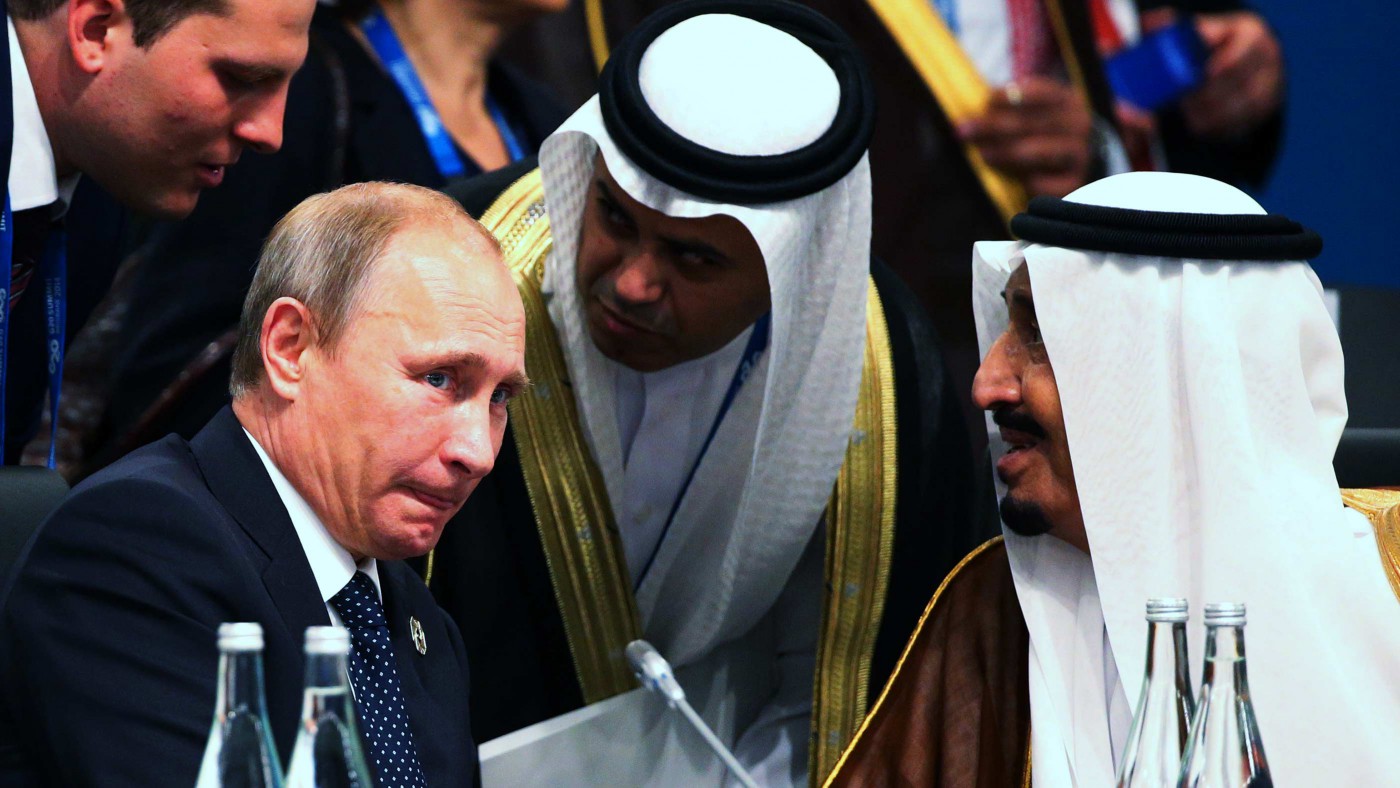The following joke is doing the rounds in Moscow: what do Putin, the ruble and a barrel of oil have in common? They all hit 63 this year.
Amusing as this is, Russia faces a serious problem. The further oil prices fall, the further the ruble falls. The further the ruble falls, the more expensive foreign-denominated debt becomes for banks and companies, and the more expensive imports become, from butter to BMWs. This then fuels inflation, drives companies and banks to the wall and sends state firms like Rosneft to the government in search of bailouts. At the same time refinancing of debt and the financing of new projects (like the recently axed South Stream pipeline) is practically impossible owing to financial-sector sanctions and rising risk premiums.
The Russian central bank is fighting a rearguard action to defend the ruble, but it’s not working. Last night it raised interest rates from 10.5% to 17%, which briefly caused the currency to rally, before continuing its descent towards RUR 80:$1 – from the low thirties early this year.
Analysts now expect the Russians to continue to throw billions at the ruble, or to introduce capital controls. Meanwhile oil prices continued to slide today.
None of these remedies are likely to work in the face of Saudi determination to maintain low oil prices. The one effective remedy at hand has nothing to do with the central bank: Russia can at any time reverse its annexation of Ukraine and cease support for ‘separatists’ in eastern Ukraine. All other remedies are akin to throwing a cup of tea to a drowning man.
The outlook, then, is further falls oil prices and in the value of the ruble. Putin, meanwhile, can at least be sure that the following year he will turn 64, which must provide some solace.


